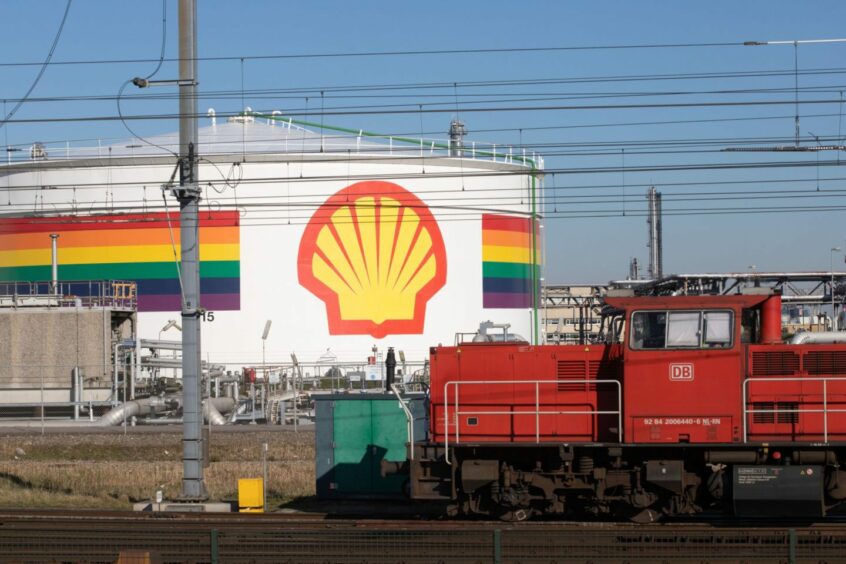
Shell’s (LON: SHEL) overall emissions are projected to drop this decade for the first time, new research has found.
By 2030, the oil and gas supermajor’s net emissions will be 5% lower than in 2019, according to a report by Global Climate Insights (GCI).
But an activist investor has flagged two major issues with the Australian research institute’s findings.
Follow This claims the 5% drop is “far from being” aligned with the Paris Climate Agreement, designed to limit global temperature rises.
It also believes the decline to be out of step with a Dutch court ruling ordering Shell to axe its emissions by 45% by 2030, though the London-listed company is appealing the decision.
Secondly, the decade reduction is not the result of a transition from fossil fuels to renewables, Follows This claims.
According to the reports fuel and LNG outlook, Shell’s oil and gas business is expected to increase up to 2030, while hydrocarbon sales are still growing.
Emissions reductions during the period will mainly be achieved through carbon offsets and divestments, rather than a “meaningful energy transition”.
Mark van Baal, founder of Follow This, said: “A Paris-aligned growth strategy can only be achieved by shifting investments from fossil fuels to renewables. These two issues confirm this.”
“While it is good to see absolute emissions reductions by 2030, Shell is clearly still not aligned with Paris, despite their claim to the contrary.”
“The good news is that Shell is prepared to decrease absolute emissions. Imagine what Shell could do if they put their brains and billions behind the energy transition.”
This latest report from GCI marks an improvement for Shell on 2020’s findings, when the oil giant’s absolute emissions were forecast to increase by 4% by 2030.
According to the research institute, the key drivers for this improved outlook are lower oil and gas growth in 2021 and divestments of fossil fuel assets.
By divesting assets, emissions are simply being shifted “from one company to another”, Follow This said, potentially leading to a ‘real world’ increase.
A spokesperson for Shell said: “Shell’s target is to become a net-zero emissions energy business by 2050. We believe our short, medium-and long-term carbon-intensity and absolute targets are consistent with the more ambitious 1.5 °C goal of the Paris Agreement. By the end of 2021, we had reduced the absolute emissions from our operations and the energy we use to run them (scope 1 and 2 emissions), by 18% compared to 2016. Our target is to achieve a 50% reduction in these emissions by 2030, and we believe we are on the right track.
“One-third of our total expenditure (opex and capex) is in business activities with low or zero carbon emissions, and that is expected to increase to around half by 2025. Our strategy is focused on helping our customers decarbonise. Alongside this, targeted investment in oil and gas will ensure we can supply the energy people will still have to rely on, while lower-carbon alternatives are scaled up.”
Recommended for you


 © Follow This
© Follow This